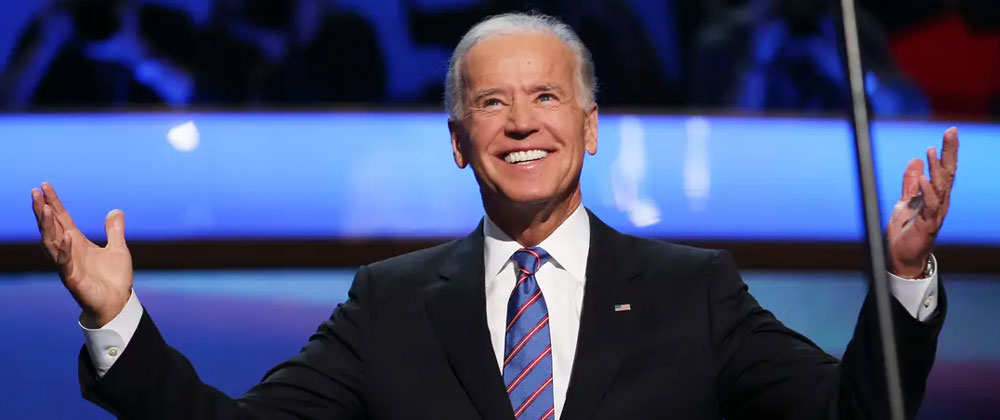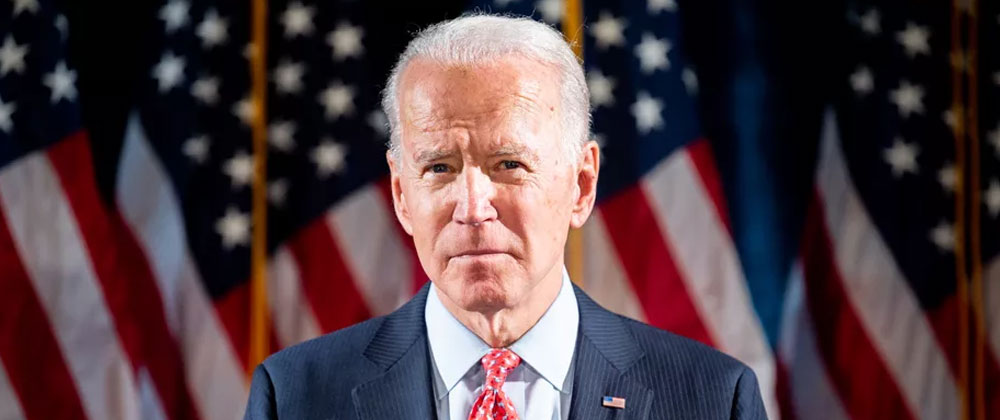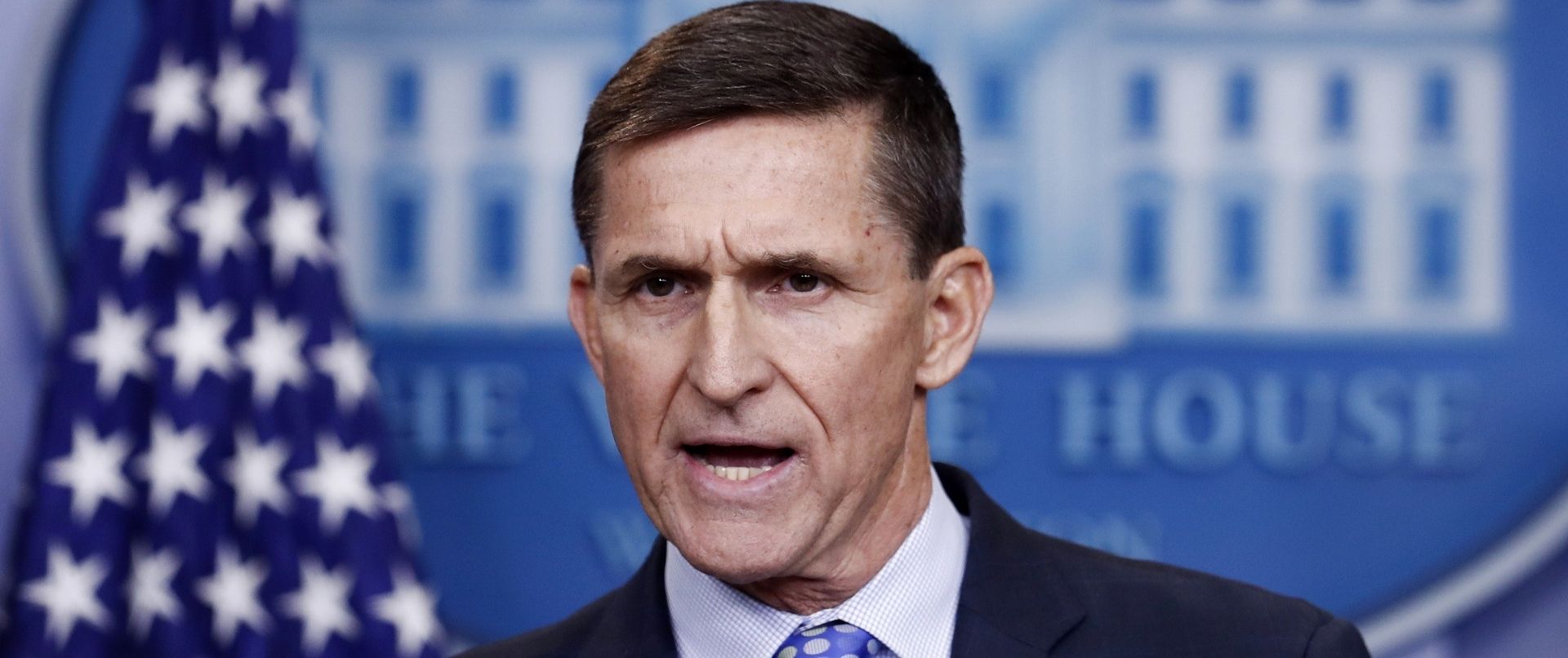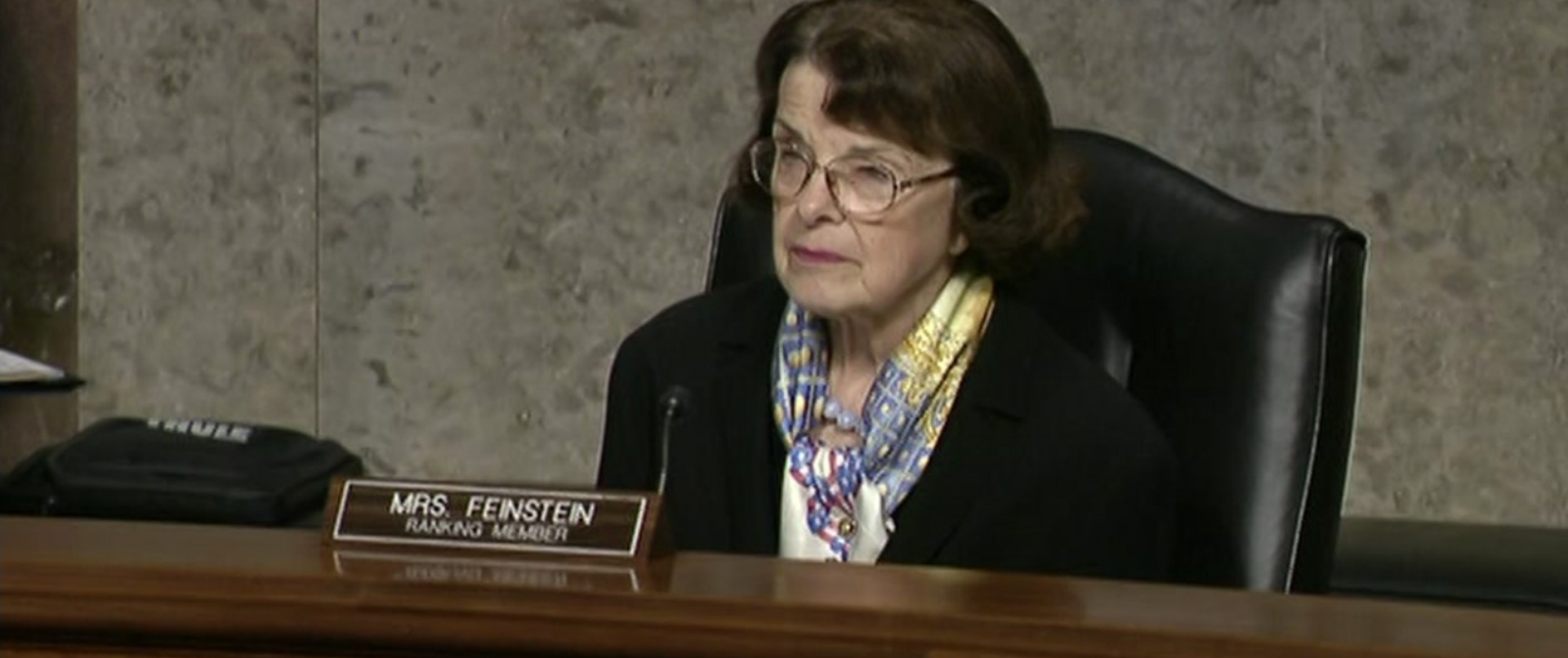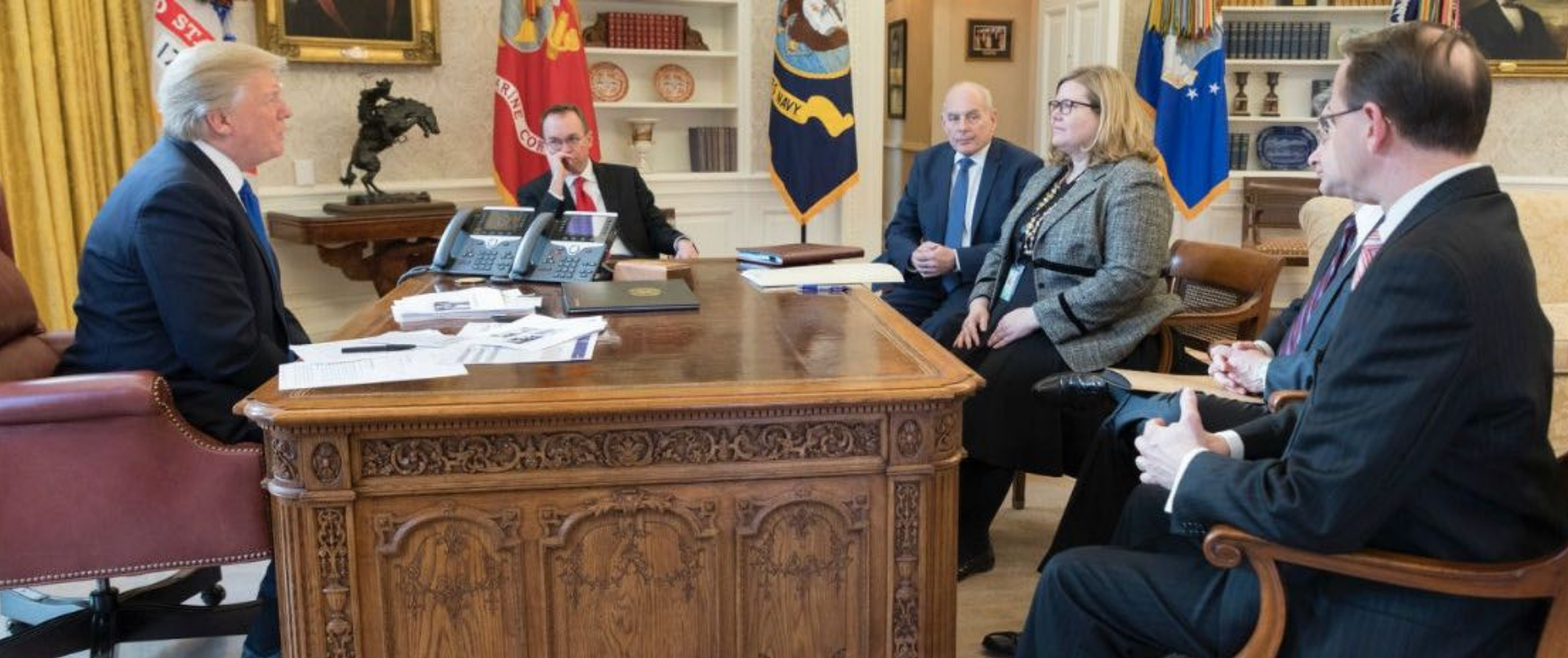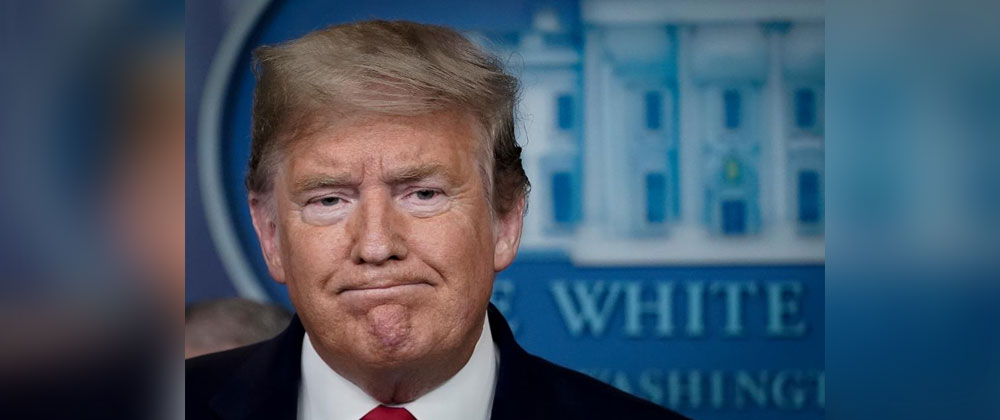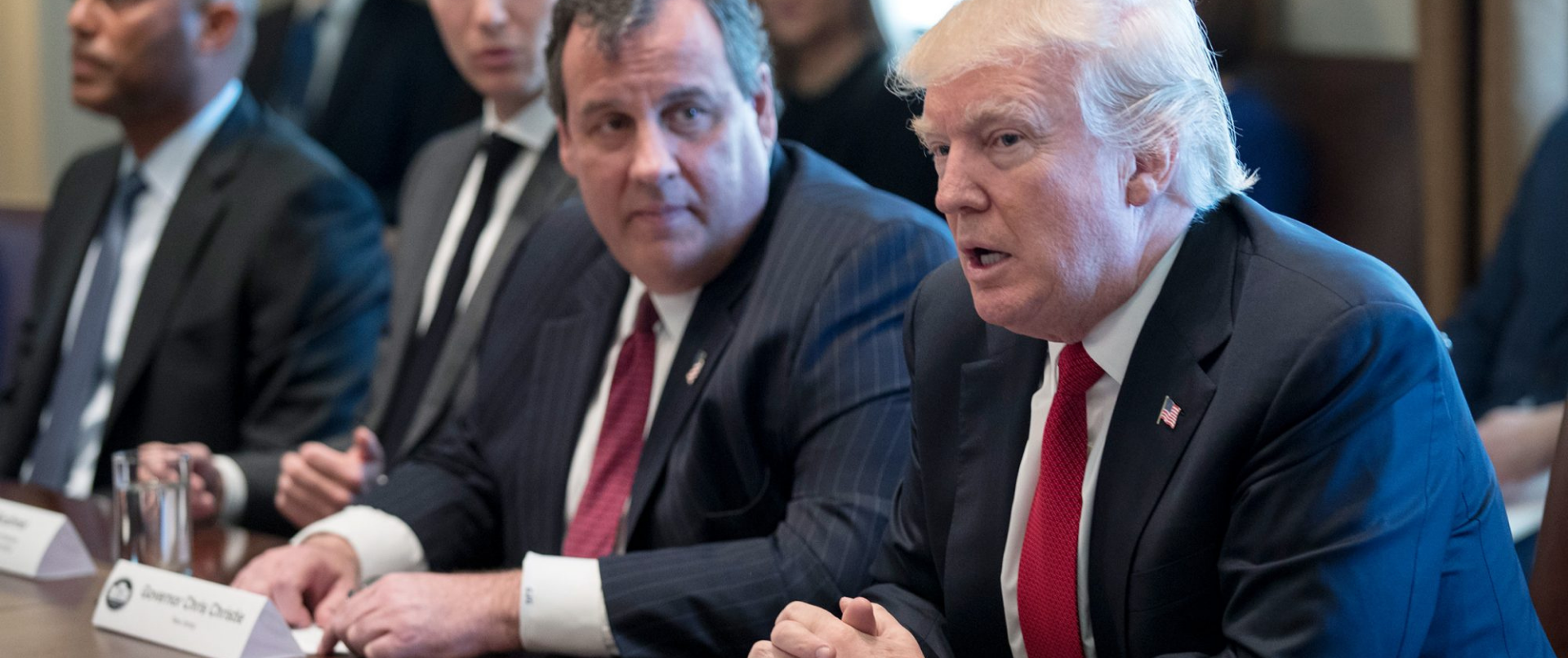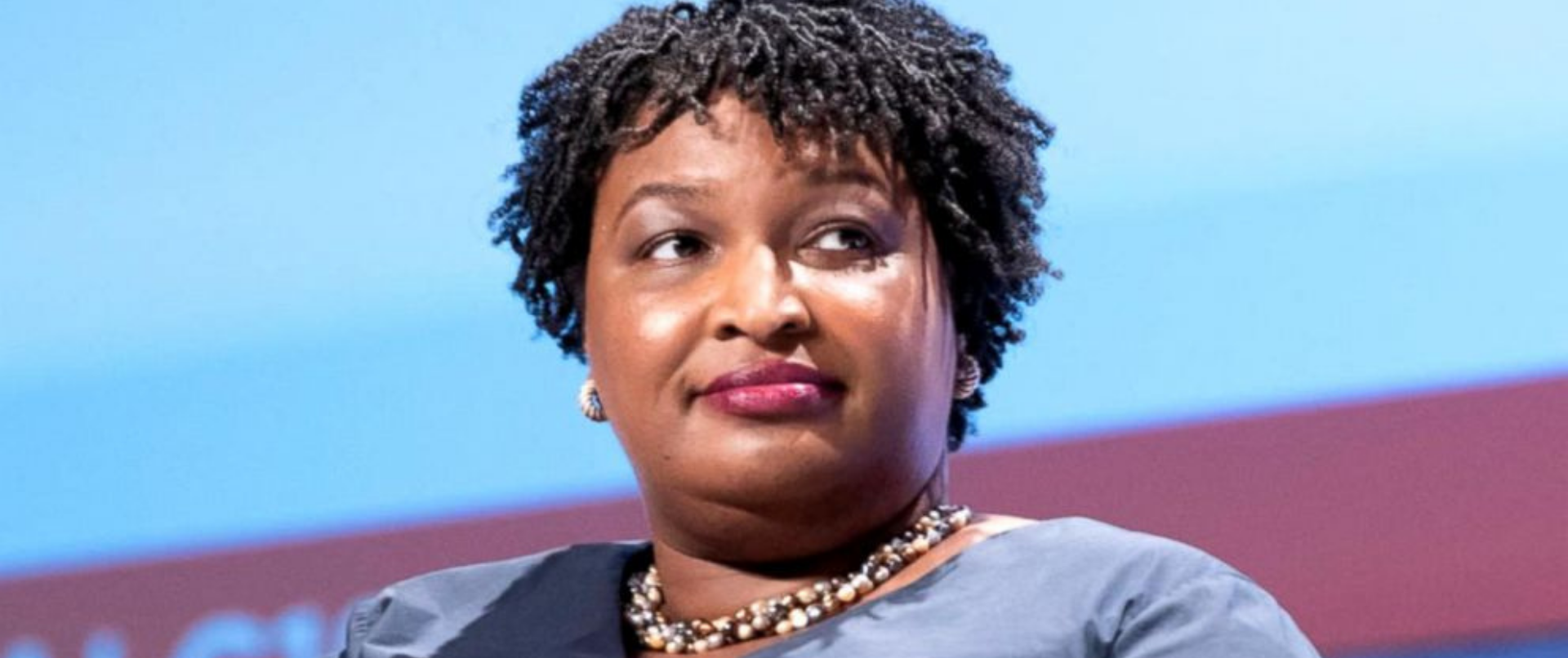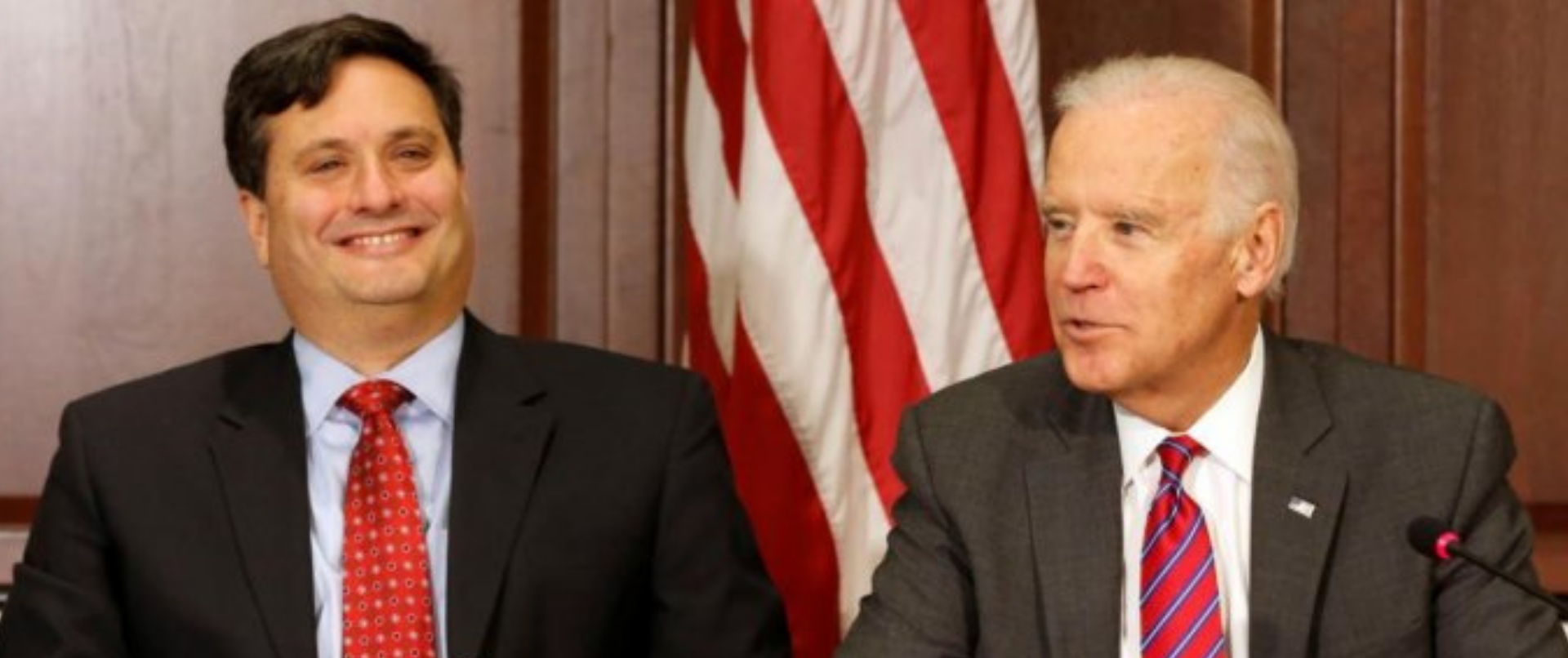Fear Over Hope At Republican National Convention
There was more darkness than light at the first night of the Republican National Convention on Monday.
Parts of the program seemed intended to humanize President Trump and to inoculate the GOP against charges of racism and sexism.
Some of those efforts were effective, particularly speeches from former U.S. Ambassador to the United Nations Nikki Haley and Senator Tim Scott
But those speeches — each of which could easily have been delivered to a convention of the pre-Trump GOP — were overwhelmed by foreboding warnings about the terrible fate that would await the nation were the president to be defeated by Democratic nominee Joe Biden in November.
The president’s eldest son, Donald Trump Jr., suggested that basic freedoms of thought, expression and religious affiliation would be trashed under a Biden administration. His girlfriend Kimberly Guilfoyle ignited social media with a high-volume speech in which she alleged that Democrats wanted to “destroy this country.”
The night’s first speaker, Charlie Kirk of Turning Point USA, portrayed Trump as “the bodyguard of Western civilization” and suggested that November’s election could be the most crucial since the Civil War.
And, in one of the darkest speeches of the night, the Missouri couple who brandished weapons as protesters for racial justice marched near their home in June warned that “what you saw happen to us could just as easily happen to any of you.”
The couple, Mark and Patricia McCloskey, insisted that Democrats “no longer view the government’s job as protecting honest citizens from criminals.”
Those kinds of sentiments have some appeal — to the people who already form the Trump base.
But it is difficult to see how they help bring voters from the center ground into the fold. And it is those voters whom the president desperately needs.
Trump lags Biden by more than 7 points in the RealClearPolitics national polling average. The president is also behind across most battleground states, while many polls put his overall job approval rating in the low 40s. Republican strategists fret, in particular, about the erosion of support among suburban women, a key demographic.
That is one reason why the first night did include some conspicuous efforts to soften the image of Trump and his party.
Trump had delivered a characteristically aggressive speech earlier in the day in Charlotte, North Carolina, but the convention’s first night incorporated short segments of him in conversation with workers on the front lines against the coronavirus pandemic and, later, with hostages whose release he had helped secure.
In both instances, this was a more conversational and affable Trump than voters are accustomed to seeing. It won’t win over his hardcore detractors, of course — and a joke about hydroxychloroquine during the first segment was in questionable taste. But it was, at a minimum, effective in offering up a less abrasive persona than usual.
There were other clear efforts to expand the president’s appeal — even if they were undercut by the apparent need to hurl red meat toward the base.
Four of the first six speakers were women, including lesser-known figures like Kim Klacik as well as Republican National Committee Chairwoman Ronna Romney McDaniel.
Former NFL star Herschel Walker emphatically pushed back at the allegation of racism that has often been leveled against the president.
“Growing up in the Deep South, I have seen racism up close. I know what it is. And it isn’t Donald Trump,” Walker said — though he made no direct reference to the controversies that have drawn the charge in the first place, such as Trump’s comments about racist violence in Charlottesville, Virginia, in 2017 or his reported reference to “shithole countries” in Africa and the Caribbean.
Haley, who had been governor of South Carolina before taking up her United Nations post, forcefully insisted that “America is not a racist country.” Scott spoke movingly of his own family’s trajectory “from cotton to Congress in one lifetime.”
The prominence accorded to both figures — Haley was the first person of color and the first woman to be elected governor in her state, while Scott is the only Black Republican in the Senate — also attempted to portray a diverse party.
Whether such efforts are truly aimed at increasing minority support or are instead intended to reassure white voters that they are not backing racism by voting for Trump remains a point of contention.
The convention’s first night lacked some of the slickness of last week’s counterpart event from the Democrats. But its planners can breathe some sigh of relief that things proceeded without any glaring technical mishaps.
The party and the president have another three nights to amplify their message. But, if the first night is any guide, that message is putting fear — of disorder, crime and creeping socialism — front and center.
Whether the electorate will respond is a whole different matter.



